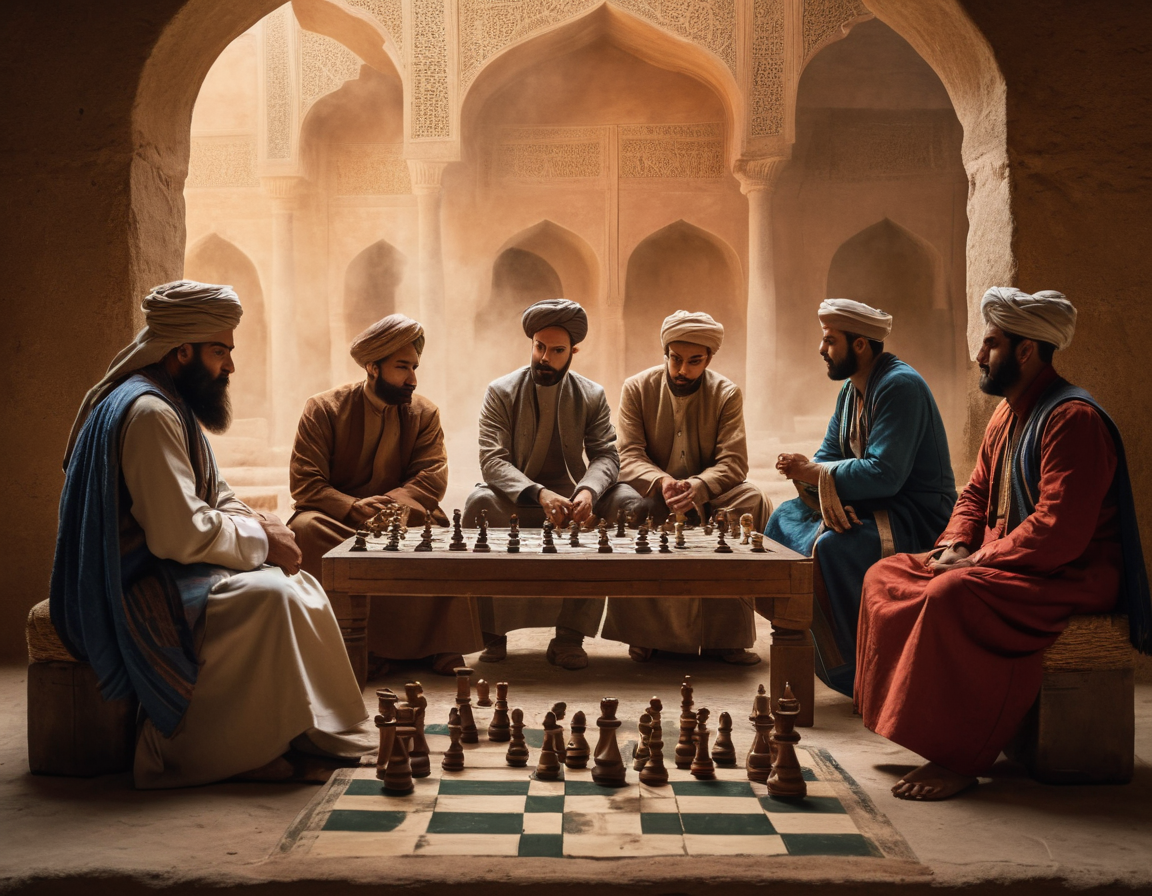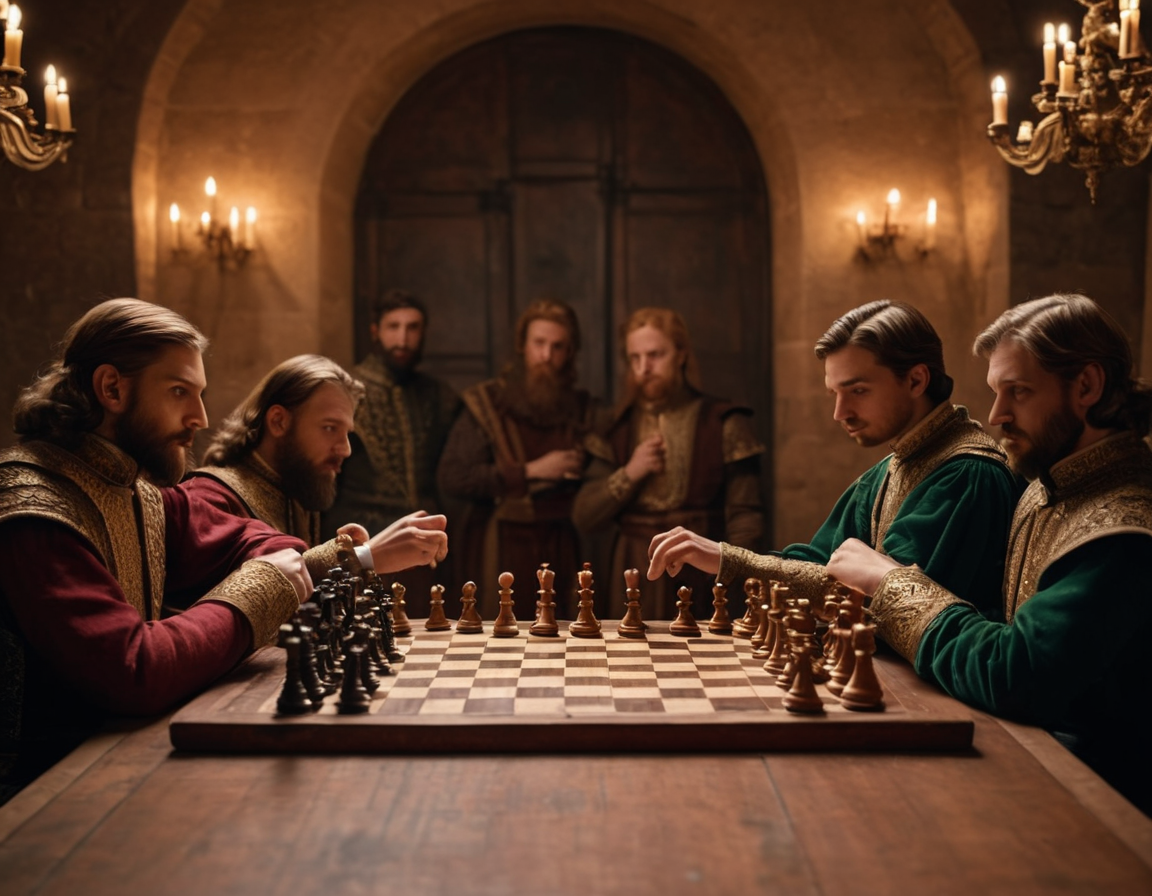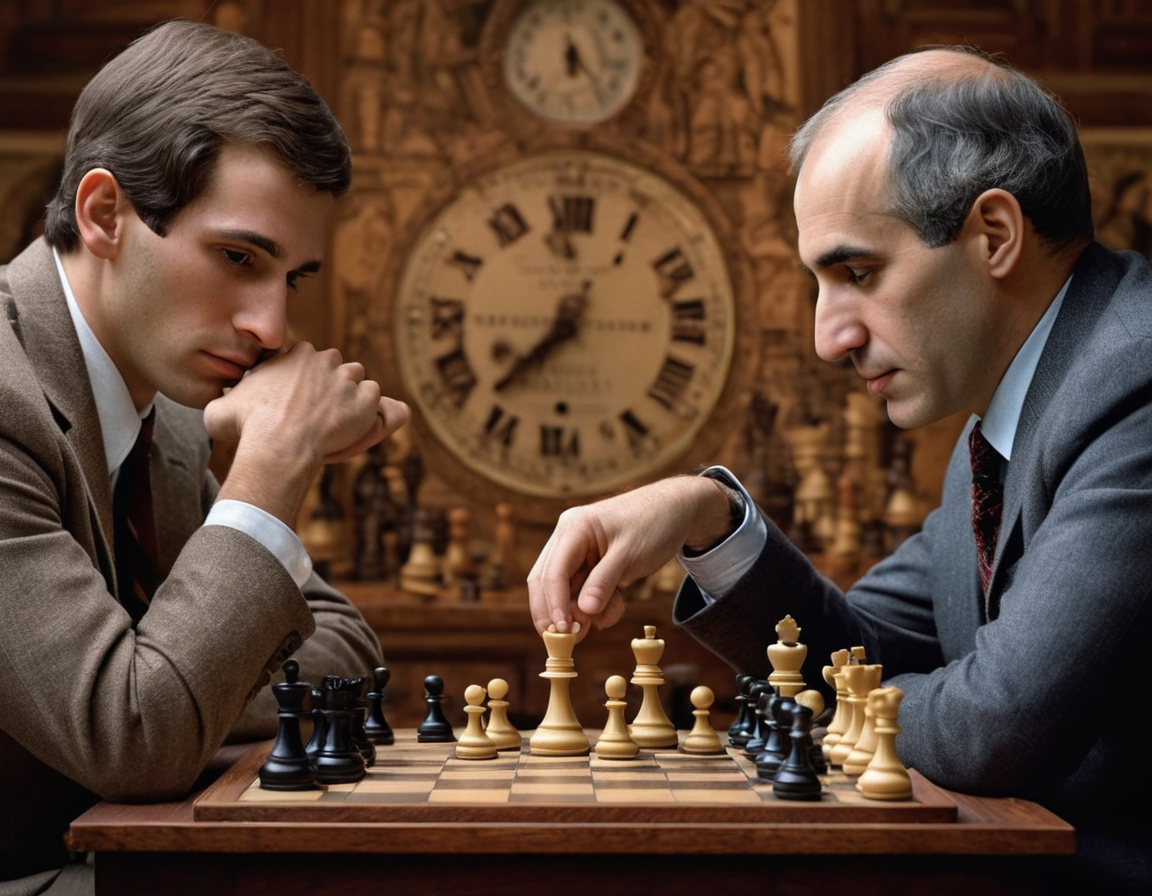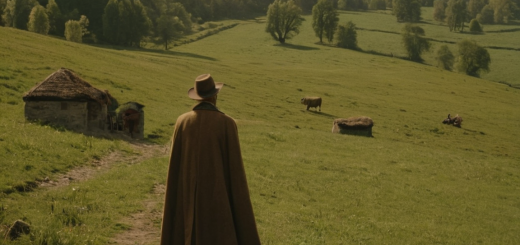The Fascinating History of Chess: From Ancient Origins to Modern Mastery
The Enthralling Saga of Chess: A Journey Through Time
Chess, a game of infinite possibilities and a microcosm of strategic warfare, has captivated minds for centuries.  It’s not merely a pastime but an art form and a reflection of human intellect. Let’s dive into the riveting history of chess, tracing its ancient origins and understanding its evolution into the modern game revered across the globe.
It’s not merely a pastime but an art form and a reflection of human intellect. Let’s dive into the riveting history of chess, tracing its ancient origins and understanding its evolution into the modern game revered across the globe.
Ancient Beginnings and Mythical Lore
The exact origins of chess are shrouded in mystery, often entwined with legend. Some narratives suggest a divine hand in its creation, attributing the game to luminaries of the past, from Indian philosophers to Greek gods. But historical consensus points to its emergence in the Gupta Empire of India during the 6th century AD. Known as ‘Chaturanga,’ this precursor to modern chess was a tactical simulation of battlefield strategy that included various military units, each with its own rules of movement.
The Silk Route to Persia and Beyond
As trade flourished along the Silk Route, so did the dissemination of chess. When the game reached Persia, it transformed into ‘Shatranj,’ a form more recognizably akin to today’s chess, incorporating the familiar two-player competitive format.  With the Islamic conquest of Persia, chess found a new hub in the Muslim world, where it was refined further—chess pieces began to resemble the Islamic advisory, including the powerful vizier that would eventually become known as the queen.
With the Islamic conquest of Persia, chess found a new hub in the Muslim world, where it was refined further—chess pieces began to resemble the Islamic advisory, including the powerful vizier that would eventually become known as the queen.
The Renaissance: Chess, A Royal Affair
The game traveled to Europe through various channels, including the Moorish invasion of Spain and the crusades. During the European Renaissance, chess gained momentum as a noble diversion. The 15th century saw significant rule changes crystallizing the game into the swift, aggressive form we recognize today, characterized by the enhanced power of the queen and the introduction of the ‘en passant’ and castling moves. 
Modern Era: Chess as Intellectual Pursuit
In the 19th century, chess theory proliferated with the publication of books and the establishment of chess clubs, birthing the professional chess player. The world witnessed the first international chess tournament in London, 1851. The idea of the ‘chess prodigy’ emerged as players like Capablanca, Fischer, and Kasparov captured the public imagination with their brilliant minds. 
Chess and Technology: An Unbeatable Match
With the advent of computers, chess experienced a technological revolution. IBM’s Deep Blue famously defeated reigning world champion Garry Kasparov in 1997, illustrating the computing power that could be harnessed to master the game. Online platforms and advanced chess engines like Stockfish have made high-level play more accessible than ever, trailing a path for AI developments in various fields.
The Future of Chess: Artificial Intelligence and Human Mastery
As we stand at the intersection of artificial intelligence and human intellect, the ancient game of chess continues to evolve. It’s more than a testament to human ingenuity; it symbolizes the delicate dance between tradition and innovation. Will AI usher in new heights of chess mastery, or will the human spirit prevail? Only time will tell, but the legacy of chess will continue to checkmate the bounds of possibility.
If you’re fascinated by the strategic depth and rich heritage of chess, share this article and challenge a friend to a game that has enthralled kings, strategists, and thinkers alike for generations.






